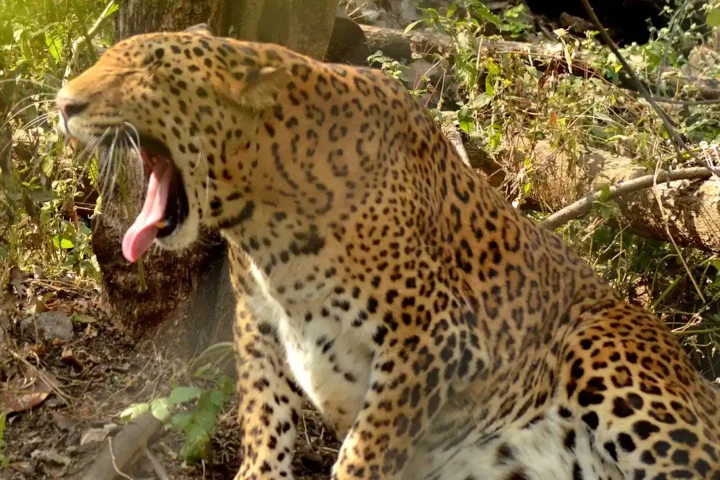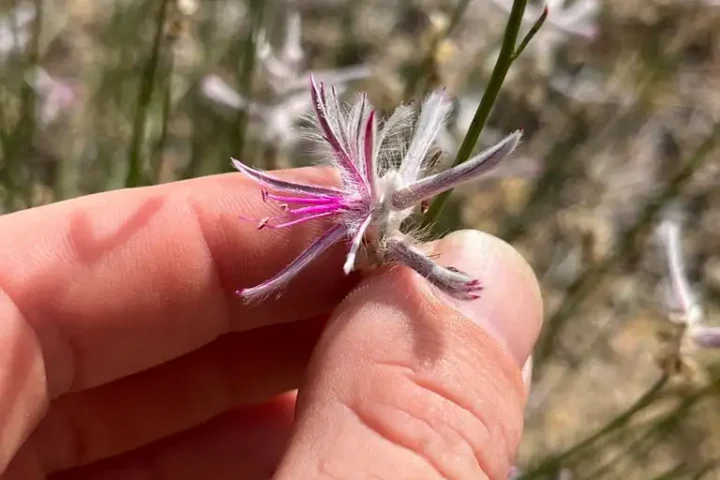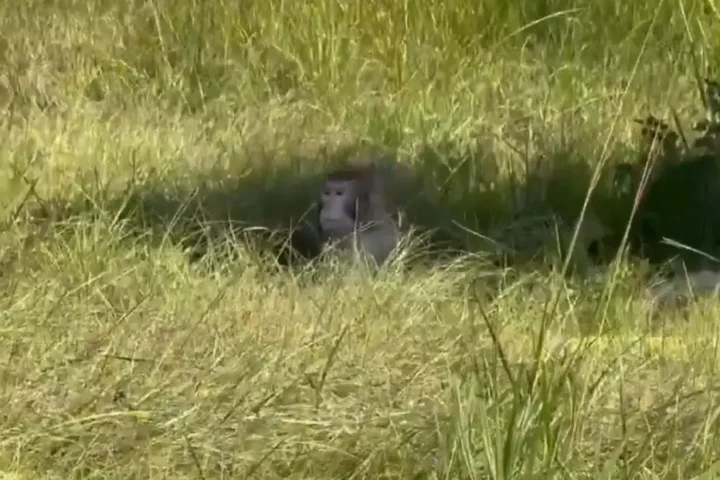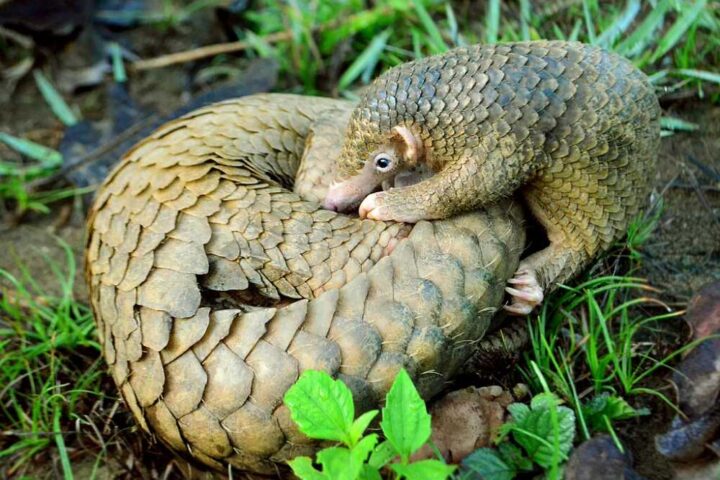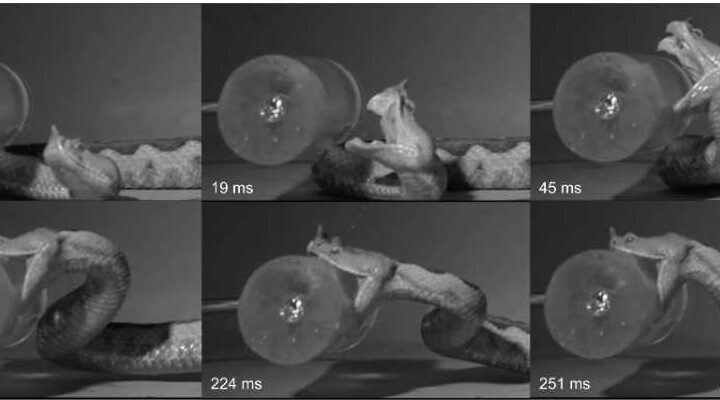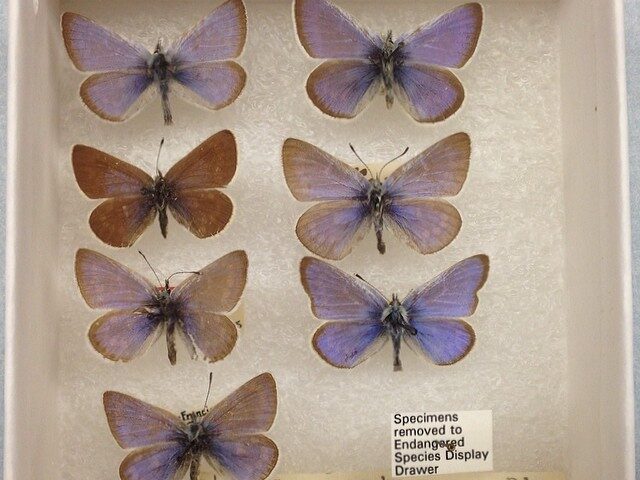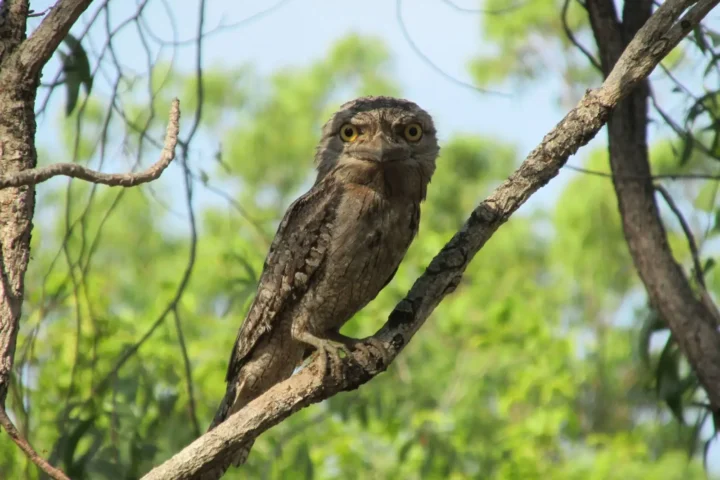Residents in Fort Collins, Colorado have been startled by unusual sightings of rabbits with black, tentacle-like growths protruding from their heads and faces.
Colorado Parks and Wildlife (CPW) has confirmed these strange growths are caused by Shope papillomavirus, also called cottontail rabbit papillomavirus (CRPV). This virus creates wart-like protrusions that can appear as black spines or horn-like structures, primarily on the rabbits’ heads.
“It looks like it was black quills or black toothpicks sticking out all around his or her mouth,” Fort Collins resident Susan Mansfield told local news outlet KUSA. “I thought he would die off during the winter, but he didn’t. He came back a second year, and it grew.”
Despite their alarming appearance, wildlife officials have emphasized that the virus poses no threat to humans, dogs, or other wildlife. The virus spreads between rabbits through biting insects like mosquitoes and ticks, which explains why more cases are spotted during warmer months when these insects are active.
The condition often doesn’t harm the rabbits unless the growths develop on sensitive areas like their eyes or mouth, where they might interfere with vision or eating. While there’s no cure for wild rabbits with the virus, the growths sometimes clear up on their own, particularly during colder months when insect activity decreases.
Similar Posts
CPW has advised residents to leave affected rabbits alone and give them space, as they would with any wildlife. People should avoid touching or attempting to help the infected animals, as human intervention could cause additional stress.
This virus has been known to science since 1933 when researcher Richard E. Shope first identified it in cottontail rabbits in the Midwest. The virus is most common in wild cottontail rabbits but can occasionally affect domestic rabbits too.
The bizarre appearance of these infected rabbits has drawn connections to the American folklore creature known as the “jackalope” – a mythical rabbit with antlers that may have been inspired by rabbits with this very condition.
For pet rabbit owners concerned about their animals, veterinarians recommend keeping rabbits indoors or protected from biting insects, especially during peak mosquito and tick seasons. Unlike their wild counterparts, domestic rabbits with the condition can sometimes receive veterinary treatment, including surgical removal of problematic growths.
While the Fort Collins sightings have generated recent attention, similar cases have been documented across the Midwest for many years, indicating this is not a new phenomenon despite the current spike in social media coverage.




